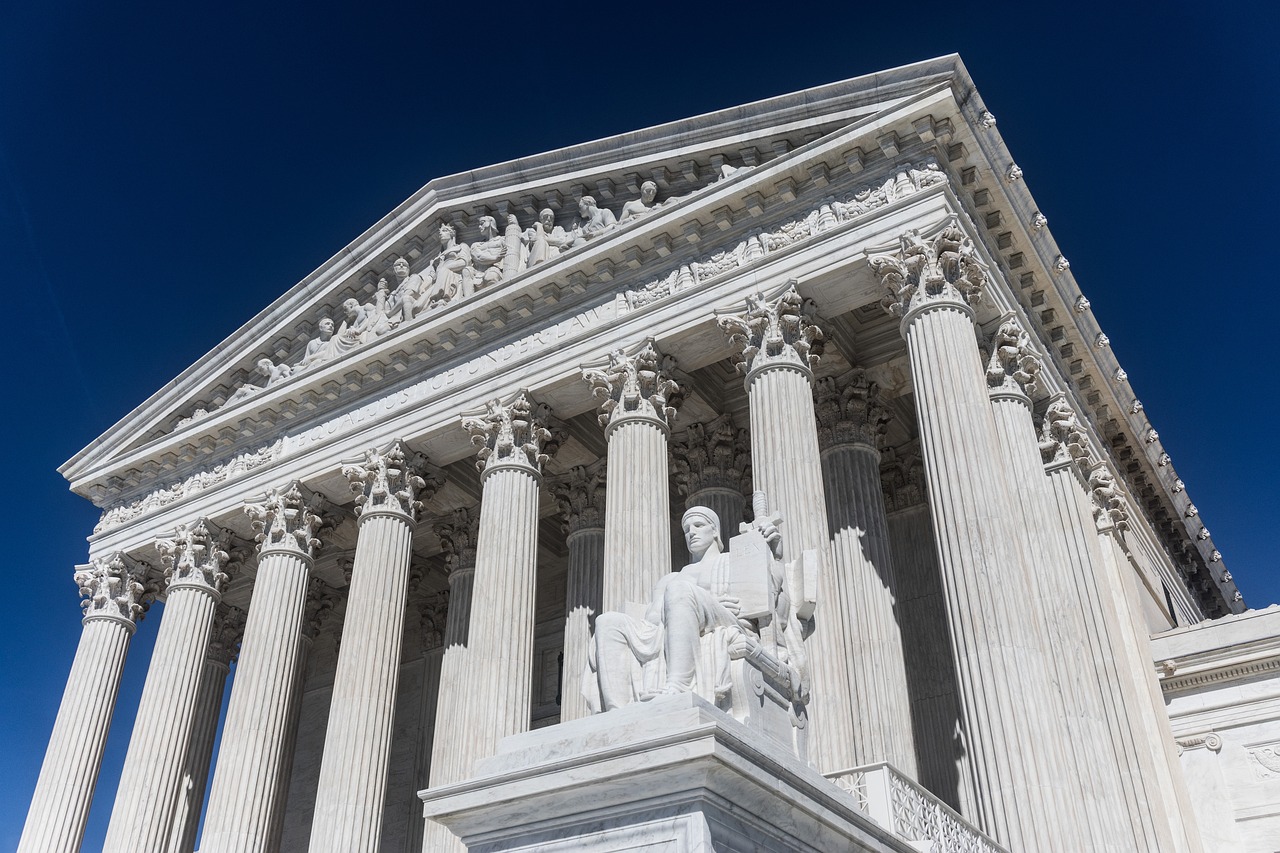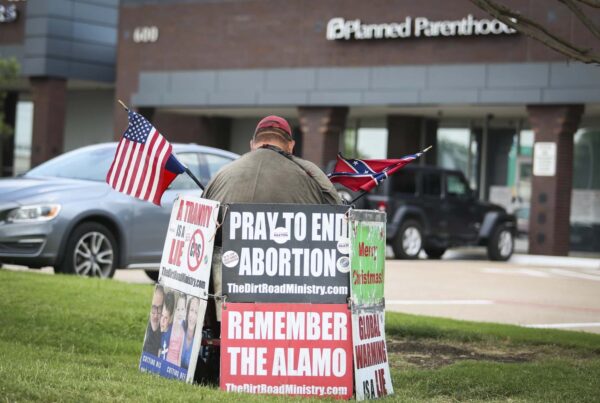The Supreme Court struck down affirmative action admissions policies at both Harvard and the University of North Carolina on Thursday.
In a 6-3 decision, the court said race-conscious admissions policies violate the equal protection clause of the Constitution. The votes split along ideological lines, with Chief Justice John Roberts writing for the conservative members of the court in the majority, and the liberals dissenting.
This decision is expected to have a ripple effect in higher education across Texas and the United States, according to Lisa Eskow, a clinical professor and the co-director of the Supreme Court Clinic at the University of Texas School of Law.
Though originally filed as separate cases, the lawsuits against Harvard and UNC were both filed by the Students for Fair Admissions, and the court decided them together.
“The Harvard suit was technically under Title VI of the Civil Rights Act, while the Equal Protection Clause and 14th Amendment governed the suit against UNC,” Eskow said. “The court noted that the equal protections standards equate with what applies under Title VI, and so it decided them both together under equal protection principles.”
Eskow said this ruling will apply to institutions of higher learning beyond Harvard and UNC.
“It’s very clear that race per se cannot be used,” she said. “(However), there is – both in the majority opinion and more so in the two dissents – language discussing the fact that an individual can discuss race as it has impacted their personal experience, so that door is left open for admission policies to figure out what to do with. But certainly race per se is no longer going to be a factor. It can’t be a thumb on, thumb off; it can’t itself be something that goes into the mix when admission decisions are being made.”
This decision applies both to private and public colleges and universities, Eskow said. In terms of whether or not this case reverses precedent, she said that depends on who you ask.
“For some, I think they see it as a natural continuation and consistent with precedent,” she said. “Justice [Brett] Kavanaugh concurred to separately say that there was basically a time clock announced previously in the Grutter and Gratz decisions and that the time has come, and that’s all it is – ‘we’re just being consistent with what we said before.’ John Roberts invoked Brown v Board of Education as part of the through line here.”
However, the liberal justices on the court took issue with this view, Eskow said.
“Justice [Sonia] Sotomayor wrote a dissent in the combined Harvard UNC decision. And then we also have Justice [Ketanji Brown] Jackson, who wrote a separate dissent just for the USC decision because she was recused from the Harvard decision,” she said. “Both of them, I think, take a hard look at the historical realities and at precedent and have a very different vision of what this decision means and where it fits into the line of precedent.”
Eskow said it is hard to predict exactly what the impact of this case will be so soon after the decision was released.
“It’s going to mean that if an institution has an express component in its admission policy that relies on race, that’s going to have to come out,” she said. “So I think you will see some people adjusting their policies.”
However, she said it is unclear whether this change will make a difference in the diversity of students who are admitted to colleges.
“I really think it depends how this gets implemented,” she said. “I hope it doesn’t. As someone who really values diverse perspectives in the classroom, those perspectives come from all kinds of sources, not just someone’s race, but different background and educational opportunities and ideological bends, all of that. I hope that none of this stops us from being able to have robust exchanges in classrooms and to also create pathways and pipelines. I would just echo what Justices Sotomayor and Jackson wrote about. I do think it’s very important to create pipelines for the future, for representation. And I, personally, am hoping that can be done in a way that’s consistent with this opinion.”













